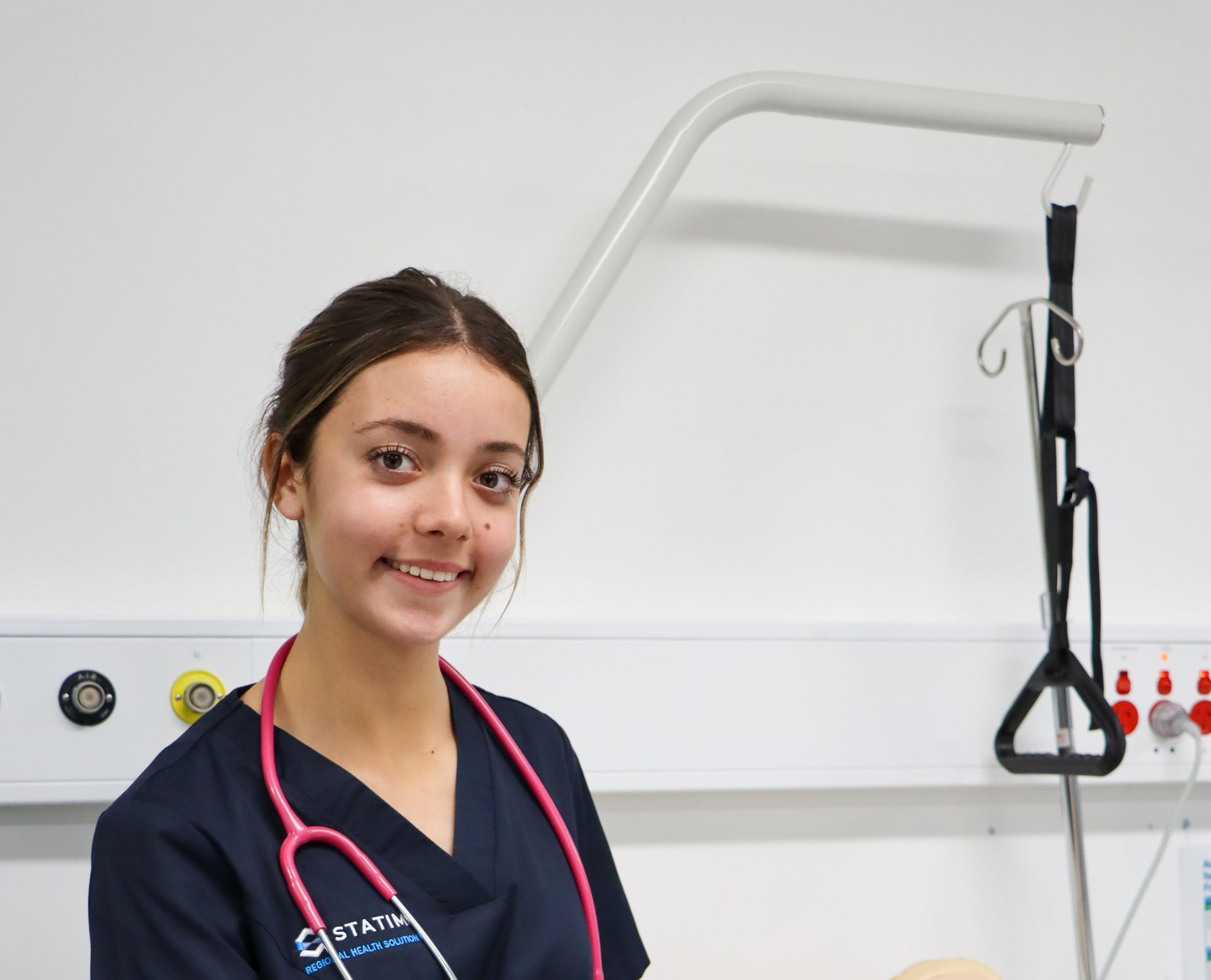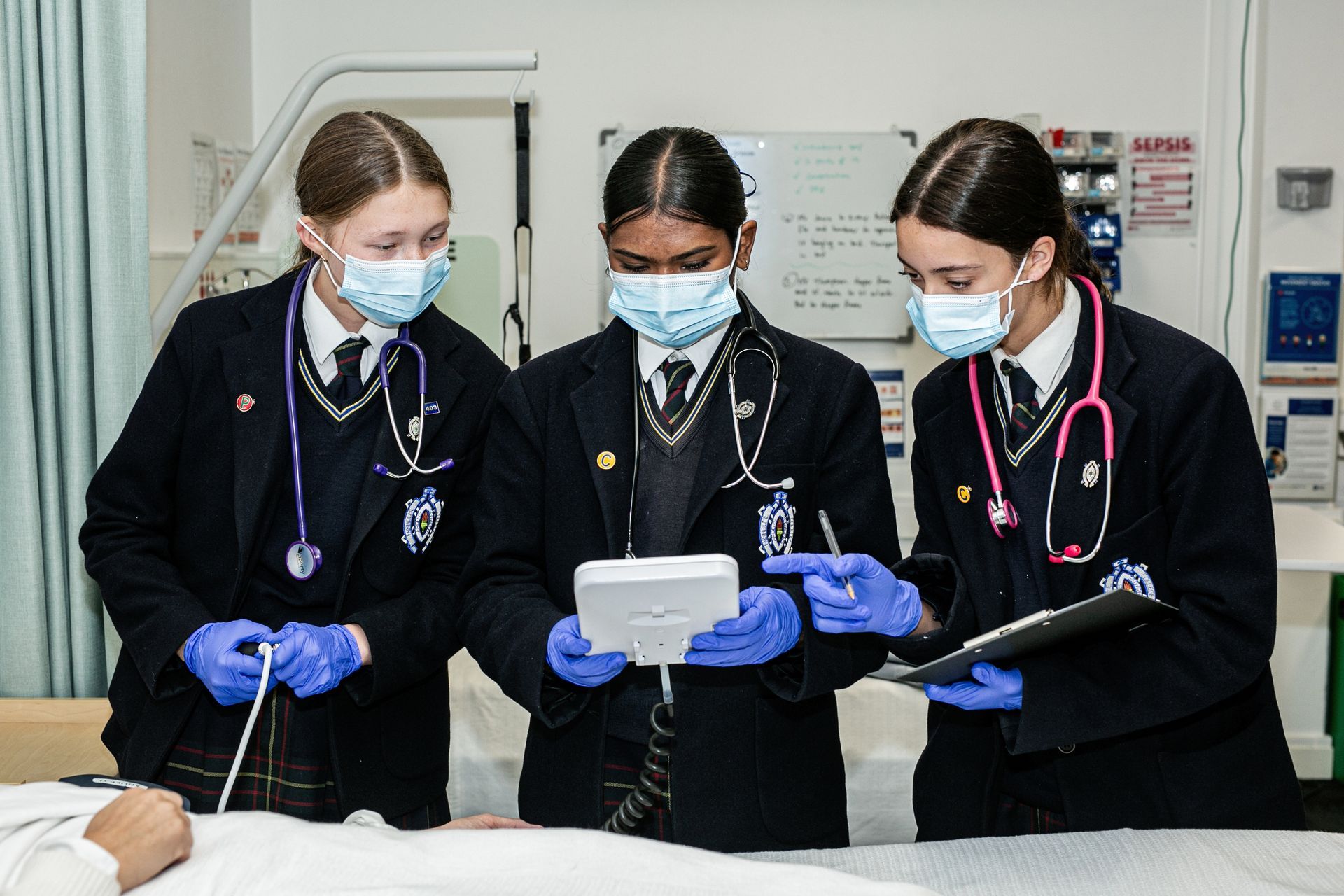What’s Next? Because The Next Matters…
When Melinda Tankard-Reist spoke to parents from Fairholme, Glennie and Toowoomba Grammar, at Fairholme a few weeks ago, she posed the question, “Are you finding parenting easy?”
There was laughter, in the immediate. It would seem that, being a parent in an age of on-line activity is more challenging than ever before. We live in an arena of vigilance in all aspects of life – except, it would seem, in the on-line world where children have greater knowledge than parents. Thus, when your child follows a path on-line that you would never have permitted, when the consequences seem catastrophic, then ask – what next, rather than why. The ‘whys’ take us down a rabbit hole of ‘we should haves’ but the considerations around the ‘what nexts,’ can drive us to do things differently. As adults we have the greater capacity to change, than do young people. Our example always matters.
Melinda and her colleague, Daniel Principe work in the field of raising on-line awareness. They speak to, are immersed in, and deeply knowledgeable about the way in which social media connects lives, disconnects lives and its capacity for harm as well as for good – particularly amongst adolescents. And whilst many in who attended the session, were educators, wide readers and researchers in this area, we were reminded that gifting your child with a mobile phone, or smart watch, or other personal electronic computer device, at any age, carries deep responsibilities that cannot be outsourced in their entirety to schools. We are collectively in the business of raising tech-healthy humans, and the enormity of that task is both daunting and necessary, given that “a growing body of research has found that adolescents who spend more than three hours per day on social media face double the risk of experiencing poor mental health outcomes, including symptoms of depression and anxiety” (Henebery, 2024).
For those parents concerned with maximising their child’s academic outcomes, there is no surprise in a recent Sydney Morning Herald article that states, “teenagers who spend more that an hour each day on social media and browsing the internet are likely to achieve lower test scores than those who have limits on their usage” (Carroll and Grace, 2024). All hail the pen and exercise book, the hour’s music lesson or the game of Netball – all tech-free activities that promote learning: learning to be and learning to think. It would seem that activities away from technology have greater value than ever before, certainly in reducing an addiction that we have fuelled. As authorities in Australia grapple with how to restrict social media for children under the age of 16 that familiar feeling of ‘playing catch up’ looms.
The pervasiveness and lure of social media knows no limits it would seem. Hooked with sharp teeth into an adolescent’s ever-elusive self-esteem it preys indiscriminately on the vulnerable and the seemingly confident: the Kardashian effect. Whilst we do not have the capability to stop world-wide social media (it is a bigger force than us), we all have the capability to heighten our awareness of its pervasiveness and to be active in understanding our own children’s interactions with it: to talk about it, to find distractions away from it, as well as examples of the ways in which it can be used for good: and it can. It is not enough, or is it helpful to say, ‘my child would never do that.’ Because they might. Because social media is a force of incomprehensible power. Good kids make dumb choices – historical fact - perhaps it is important that we dig into our own histories, as a salient reminder of the adolescence we experienced: lest we forget. Far better to say, “What will we do next in this space, to make this less likely to occur?” Because ‘the next’ always matters, when our children stray from our expectations, as well as their own expectations. What’s next is more important always, than immobilising ourselves fearfully within the infinitum of ‘whys’.
“We can’t say,” Amanda Lenhart, Head of Research at Common Sense Media reminds us, “Don’t do X, Y is fine, stay away from Z, [because], unlike TV or movies, it’s impossible to know what children will see on social media ahead of time. Sometimes it’s hair dye or dance videos, but sometimes it’s white supremacy or eating disorder content” (Miller, 2023). Yet, we can be active in our conversations, our own modelling of on-line behaviour (ever important) and the way in which we spend time with our children – whether we drive them to mobile phone dependence or whether we lure them away. Whichever, to close our eyes and give unlimited, unfiltered access is negligent or naïve or both. Privacy does not exist on-line, it relies on the veracity of relationships with friends which are often fickle, fleeting or transitory.
Kudos to the parents who attended the Melinda Tankard-Reist/Daniel Principe session or who have accessed the on-line recording. You have already stepped from the ‘why’ zone into the ‘what next’ zone and, in doing so, are taking steps to empower your children to reduce their social media activity, or to heighten their respectful interactions on social media, or most importantly, to demonstrate, that as parents they matter to you. Never underestimate your validation of them, nor your willingness to parent, rather than ‘to friend’, to address the tricky conversation, to say no, to listen deeply.
What’s next? What’s your next conversation, action, reflection? Because the next matters … always.
Dr Linda Evans | Principal
REFERENCES
Carroll, L. and Grace, R. (2024). ‘How much screen time is too much? This is the answer to every parent’s question.’ The Sydney Morning Herald. June 2, 2024 – 5.00am.
Henebery, B. ‘Should children under 16 be banned from using social media?’ The Educator Online. 24 May 2024.
Miller, C. (2023). ‘Everyone Says Social Media Is Bad for Teens. Proving It Is Another Thing.’ The New York Times. June 17, 2023.
More News…






